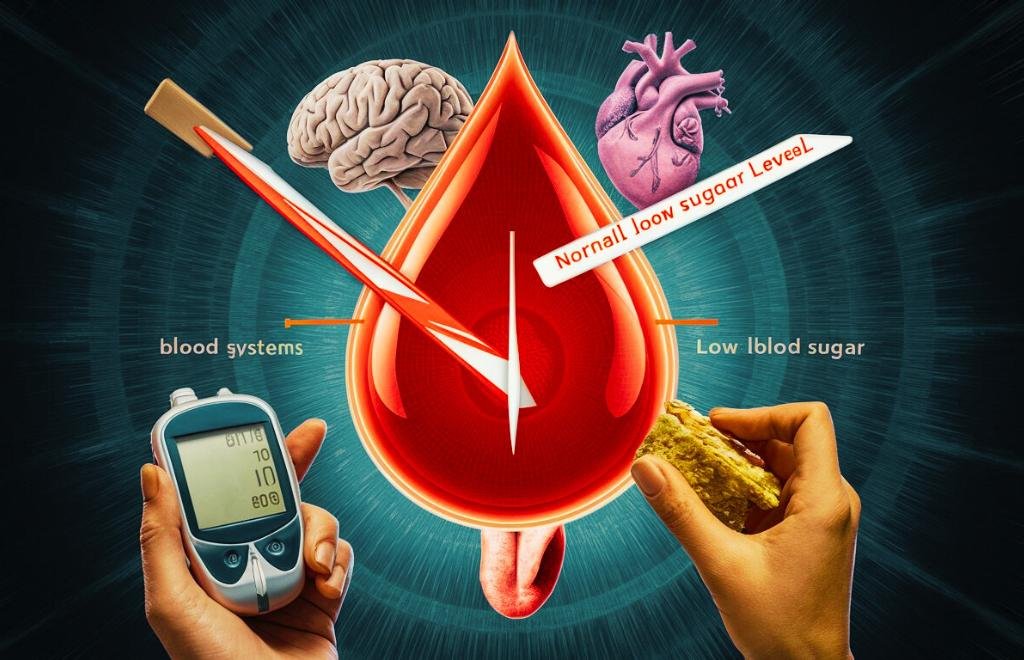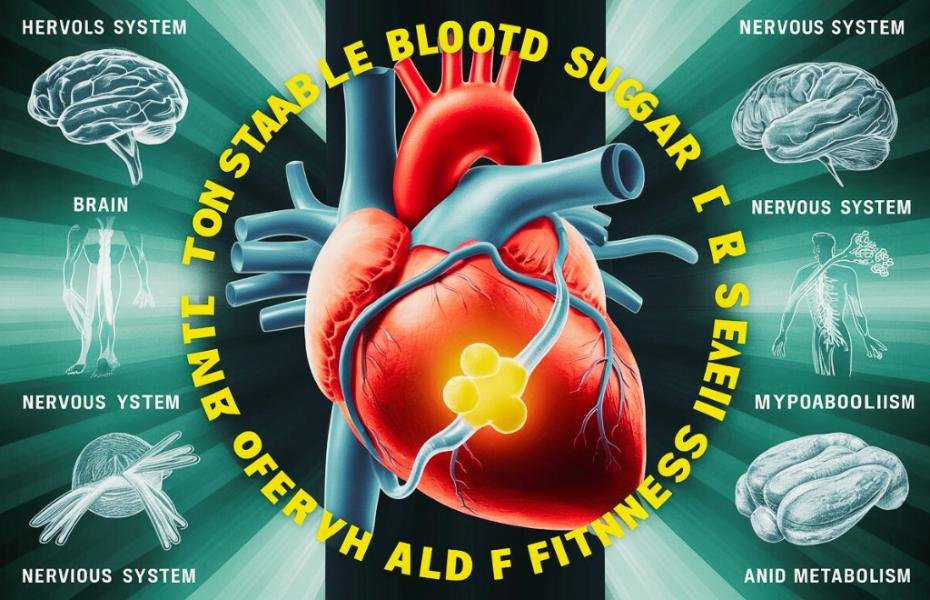Managing hypoglycemia, or low blood sugar, is vital for everyone trying to live a healthy life. Whether you’re treating diabetes, striving for improved fitness, or just seeking to enhance your general well-being, learning how to keep your blood sugar regulated is crucial. Let’s go into practical techniques that will help you overcome hypoglycemia and stay motivated throughout the day.
What is Hypoglycemia?

Hypoglycemia arises when your blood sugar levels drop too low. Your body relies on glucose (sugar) as its major energy source. When these levels go below normal, you may feel weak, dizzy, or even disoriented. Hypoglycemia may happen to anybody, but it’s most prevalent for those with diabetes or those who aren’t eating regularly.
Why Hypoglycemia Matters for Your Health
Keeping your blood sugar constant is crucial for your health and fitness. Low blood sugar can make it hard to focus, exercise, and accomplish daily duties. It can potentially lead to more significant health issues, especially if it happens repeatedly. Hypoglycemia is something that needs care, but the good news is that it’s controllable.
***Symptoms of Low Blood Sugar
*Weakness *Feeling shaky *Anxiousness *Sweats or chills *Irritability *Confusion *Rapid heartbeat *Dizziness
*Hunger *Nausea

Practical Tips to Keep Your Blood Sugar Balanced
- Eat Small, Balanced Meals Regularly
Eating frequently helps prevent your blood sugar from going too low. Aim for smaller, balanced meals throughout the day. Include healthy fats, proteins, and complex carbohydrates like whole grains to keep your blood sugar constant. Avoid sugary foods that might create a rapid surge and then a crash.
- Include Fiber-Rich Foods in Your Diet
Fiber slows down the absorption of sugar into your system, helping prevent rapid decreases in blood sugar. Vegetables, fruits, legumes, and whole grains are all rich sources of fiber. Add these to every meal for a more steady blood sugar level.
- Hydrate Well
Dehydration can contribute to low blood sugar, so drink lots of water throughout the day. Carry a water bottle with you and strive for 8 glasses of water everyday. Staying hydrated also improves general health, including fitness objectives.
- Be Active, But Know Your Limits
Exercise is vital for regulating blood sugar levels. But, if you have hypoglycemia, it’s crucial to exercise in moderation. Avoid vigorous activities if you’re at risk of low blood sugar. Always pack a snack to refuel if needed, and attempt to check your blood sugar before and after activity.
- Recognize the Symptoms of Hypoglycemia
Know the warning symptoms of low blood sugar, which may include shaking, sweating, disorientation, or irritation. Understanding these symptoms helps you respond immediately and avert worse results. If you notice any symptoms, eat or drink anything containing sugar very quickly, such as a small juice box or glucose pill.
- Monitor Your Blood Sugar Regularly
Check your blood sugar levels often. Keeping track of your readings helps you better understand how your body responds to diet, exercise, and stress. With regular monitoring, you can take action before your blood sugar gets too low.
***How Hypoglycemia Affects Your Fitness Goals***
Fitness and hypoglycemia are related in a major manner. Exercising without maintaining adequate blood sugar levels can lead to weariness, dizziness, or worse. To perform at your best, it’s crucial to feed your body with the correct foods and liquids, while also remaining careful of your blood sugar levels.
Before exercise, try having a snack that includes protein and carbohydrates for energy. During activity, take breaks if needed and drink water to remain hydrated. After exercise, replenish your body with a healthy breakfast to recover your blood sugar levels.

Conclusion Of Hypoglycemia
Managing hypoglycemia doesn’t have to be complex. With careful attention to your nutrition, hydration, and exercise routines, you can maintain your blood sugar levels constant and feel energized. Remember, hypoglycemia is treatable, and tiny modifications may make a great impact. By eating regular meals, staying hydrated, and following your body’s cues, you may maintain a healthy balance and feel your best.
FAQs About Beating Hypoglycemia
Q1: How can I determine if my blood sugar is low?
Signs of hypoglycemia include shivering, dizziness, sweating, disorientation, and irritability. If you observe these, eat or drink anything containing sugar.
Q2: Can I exercise if I have hypoglycemia?
Yes, but it’s crucial to exercise gently and check your blood sugar before and after. Always pack a snack if required.
Q3: What meals assist balance blood sugar?
Foods abundant in fiber, protein, and healthy fats help balance blood sugar. Examples include veggies, whole grains, nuts, and lean meats.
Q4: How often should I check my blood sugar?
Checking your blood sugar regularly is vital. The more regularly you check, the more you can understand your body’s demands and avoid hypoglycemia.
Q5: Can stress induce hypoglycemia?
Yes, stress may effect your blood sugar levels. It’s crucial to manage stress with activities like exercise, meditation, or breathing exercises.
Q6: What should I do if I encounter hypoglycemic symptoms during the night?
If you wake up with signs of hypoglycemia, drink a glass of juice or eat a small snack with carbohydrates and protein. Consider setting an alarm to monitor your blood sugar during the night if this happens regularly.











